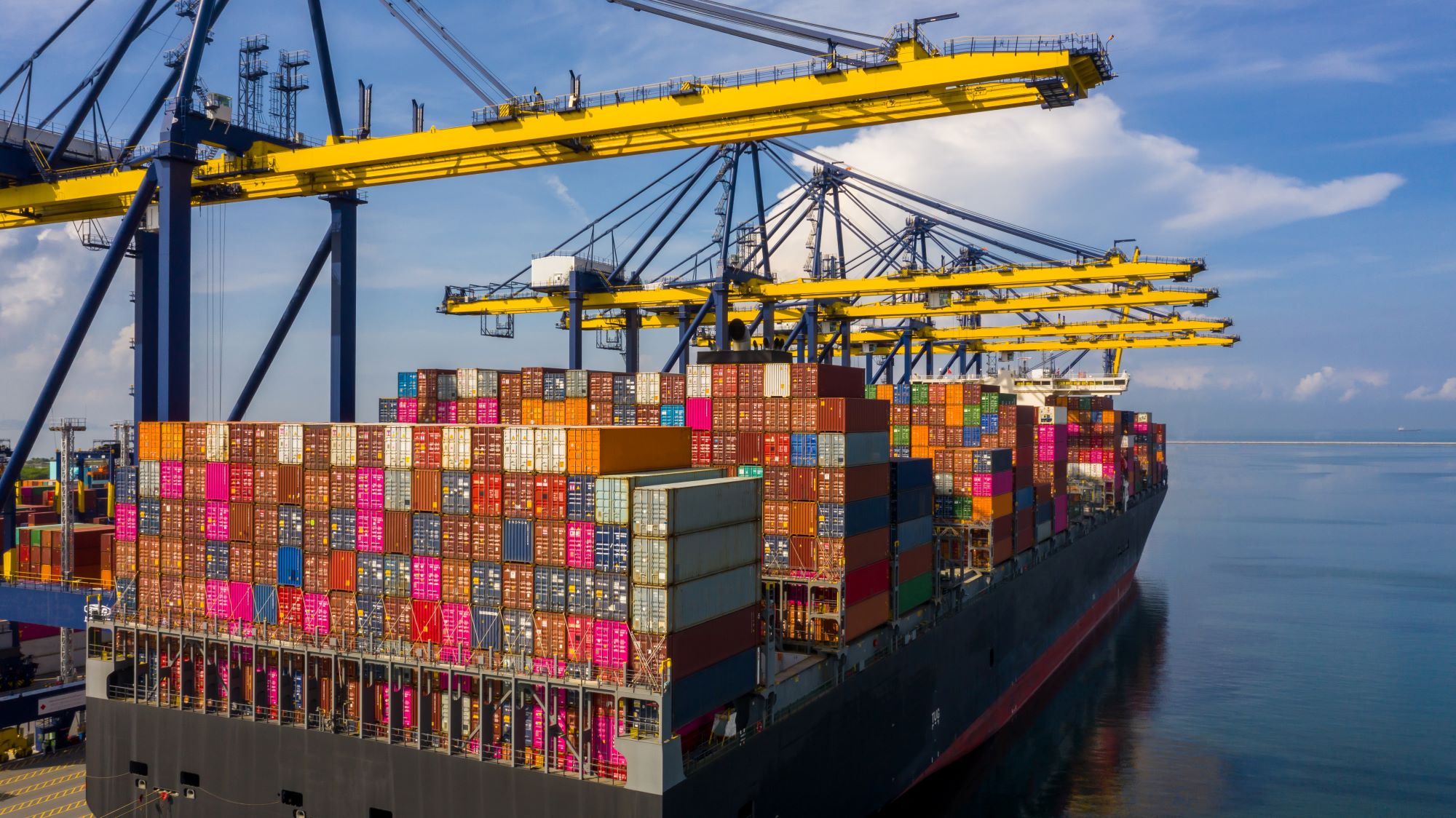
Honduras’s main exported goods
Honduras’s export economy is a key driver of its national growth, powered primarily by agricultural products, textiles, and minerals. Its unique climate and strategic location in Central America have supported a blend of traditional exports, such as bananas and coffee, alongside newer industries, like the manufacturing of textiles and electronic parts.
1. Agriculture and Food Products
Agriculture has historically dominated Honduras’s export sector, accounting for a significant portion of its earnings. The fertile lands in Honduras support various crops, and its tropical climate is ideal for cultivating fruits and other agricultural products.
Coffee: Coffee is Honduras’s leading agricultural export, benefiting from the country’s ideal climate and altitude. Honduran coffee is known for its quality, and it is especially popular in North America, Europe, and Asia. Honduras is one of the top coffee exporters in Central America and has gained a strong reputation in the global coffee market.
Bananas: Bananas have long been a staple of Honduran exports, making the country one of the world’s leading banana producers. The banana trade is crucial to the economy and employs thousands in agricultural regions. Despite occasional setbacks due to weather-related issues, bananas continue to be in high demand globally, especially in North America and Europe.
Palm Oil: In recent years, Honduras has expanded its palm oil production. This industry has been controversial because of environmental concerns, but palm oil is a highly profitable export, widely used in food production and cosmetics. Palm oil exports have increasingly contributed to Honduras’s economy and diversified its export portfolio.
Sugar and Seafood: Sugarcane is another key export crop, supporting the sugar industry, which is a consistent revenue generator. Honduras also exports seafood, particularly shrimp, to international markets. The seafood industry, especially in the coastal regions, has grown in importance, with shrimp being a high-demand product in the United States, Europe, and Asia.
2. Textiles and Apparel
The textile industry is another prominent sector in Honduras, especially for exports to the United States, its largest trading partner. Honduras has developed a robust textile industry, specializing in the manufacturing of clothing and apparel. This sector benefits from favorable trade agreements, such as the Dominican Republic-Central America Free Trade Agreement (CAFTA-DR), which allows Honduran textiles to enter the U.S. market with reduced tariffs. The textile industry provides employment to a large portion of the population, supporting the growth of local economies and generating significant revenue for the country. Products include T-shirts, sweatshirts, and other basic apparel, making Honduras one of the main exporters of these items to the U.S.
3. Minerals and Metals
Mining is a growing sector in Honduras, with substantial reserves of various minerals. The extraction and export of minerals are an essential part of the Honduran economy, despite occasional environmental and social concerns.
Gold and Silver: Precious metals, particularly gold and silver, are among the main mineral exports of Honduras. These resources are mined in the mountainous regions of the country, where foreign and domestic companies operate mining facilities. Gold and silver exports have contributed to Honduras’s economic growth, driven by strong global prices for these metals.
Zinc and Lead: In addition to precious metals, Honduras also exports smaller quantities of industrial metals, including zinc and lead. These metals are in demand in global markets, especially for use in manufacturing and construction.
4. Manufactured Goods
Beyond agriculture and mining, Honduras also exports a range of manufactured goods. This sector includes products like automotive parts, electronic components, and machinery, benefiting from Honduras’s proximity to major North American markets. Free trade zones and incentives for manufacturing industries have supported the growth of this sector. Manufactured goods play an important role in diversifying the economy, providing employment opportunities, and fostering trade relationships.
5. Wood Products and Forest-Based Exports
Forestry is another sector that contributes to Honduras’s exports. Wood products, including lumber and processed timber, are exported to various countries, primarily in North America. However, there are concerns about deforestation and environmental sustainability, which have led to regulatory efforts to ensure sustainable forestry practices.
Trade Partnerships and Challenges
Honduras maintains strong trade relationships with several countries, especially the United States, which is its largest trading partner. CAFTA-DR has facilitated trade by reducing tariffs on many goods exported from Honduras. Other significant trade partners include Mexico, the European Union, and some Central American nations.
However, the Honduran export sector faces various challenges. Dependence on agricultural exports makes the economy vulnerable to fluctuations in global commodity prices and extreme weather conditions, such as hurricanes, which can damage crops. Additionally, issues related to labor practices, environmental sustainability, and infrastructure development impact Honduras’s competitiveness on the global market.
Conclusion
In summary, Honduras’s export economy is multifaceted, with strengths in agriculture, textiles, mining, and manufacturing. The combination of these sectors allows Honduras to meet global demand for essential goods, supporting economic growth and job creation. However, as it continues to expand its export base, the country must also address environmental, social, and economic challenges to ensure sustainable and inclusive growth.



Leave a Reply